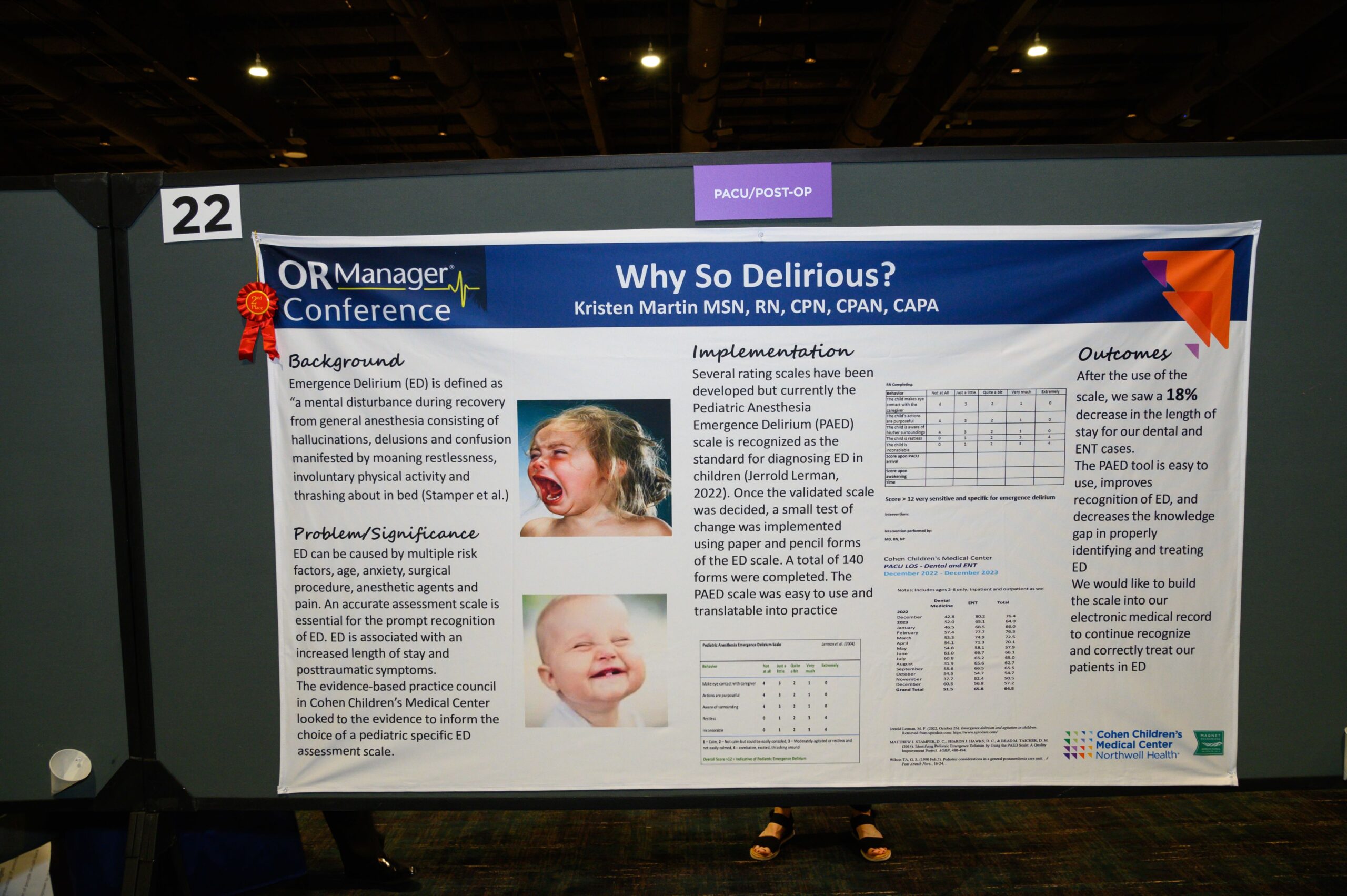
Editor's Note Taking GLP-1 receptor agonists before anesthesia increases the risk of residual gastric contents, but evidence is lacking for a corresponding increase in perioperative pulmonary aspiration risk, according research published April 15 in the journal Anaesthesia. The systematic review and meta-analysis analyzed 28 observational studies involving over 466,000 patients…

Editor's Note What is reportedly the first technology to allow dynamic, 3D, segmental visualization of anatomy during surgery earned a second 510(k) clearance from the US Food and Drug Administration, according to an April 8 press release from developer Proprio. Designed to let surgeons measure progress during surgery without scrubbing…

Editor's Note Cannabis users may require higher doses of anesthetics during sedation and experience worse physical and psychological symptoms during cancer treatment, according to an April 7 announcement from the University of Oklahoma (OU). Publishing in the journal Gastrointestinal Endoscopy, a multidisciplinary team of university researchers found that cannabis users…

Editor's Note Legislation introduced in the US House of Representatives seeks to expand access to anesthesia care for veterans by granting Certified Registered Nurse Anesthetists (CRNAs) full practice authority within the Veterans Health Administration (VHA). The Ensuring Veterans Timely Access to Anesthesia Care Act of 2025 is sponsored by Representatives…

Editor's Note Preoperative use of GLP-1 receptor agonists was not significantly associated with an increased risk of aspiration pneumonia or acute respiratory failure after surgery, according to a March 4 report in MedPage Today. The article focuses on a retrospective cohort study of over 366,000 surgical patients found no meaningful…

The poster presentations at the 2024 OR Manager Conference showcased exceptional perioperative initiatives, highlighting advancements and innovative practices. From streamlining documentation and optimizing billing processes to ensuring patient and staff safety in postanesthesia settings, the posters selected last year showed the ingenuity and dedication of healthcare professionals committed to excellence…

Editor's Note Universitätsmedizin Berlin reduced anesthesia-related carbon emissions by more than 80% since 2018 by eliminating high-impact anesthetic gases, implementing education initiatives, and revising clinical guidelines, according to a February 27 report in Medical Xpress. The hospital’s efforts targeted desflurane, an anesthetic gas with an extreme climate impact—nearly 8,000 times…

Editor's Note The US Food and Drug Administration (FDA) designated Getinge’s recall of Vaporizer Sevoflurane Maquet Filling and Sevoflurane Quick-Fil and Philips’ recall of Tack Endovascular Systems as Class 1s, the most severe category indicating serious risk of injury or death. The Getinge recall is an expansion of a 2024…

Editor's Note Prolonged exposure to general anesthesia during surgery contributes to long-term cognitive decline, affecting executive functioning, selective attention, mental speed, and information processing, according to a February 18 study published in the European Journal of Anaesthesiology. This prospective longitudinal cohort study followed 1,823 adults aged 25–84 in the Netherlands…

Editor's Note Insufficient awareness of drug interactions with hormonal contraceptives (HCs) among anesthesia providers could lead to unintended pregnancies and preventable health consequences, according to survey published in Anesthesia & Analgesia. Physician’s Weekly covered the news February 27. The article specifically cites sugammedex and aprepitant, both of which are widely…